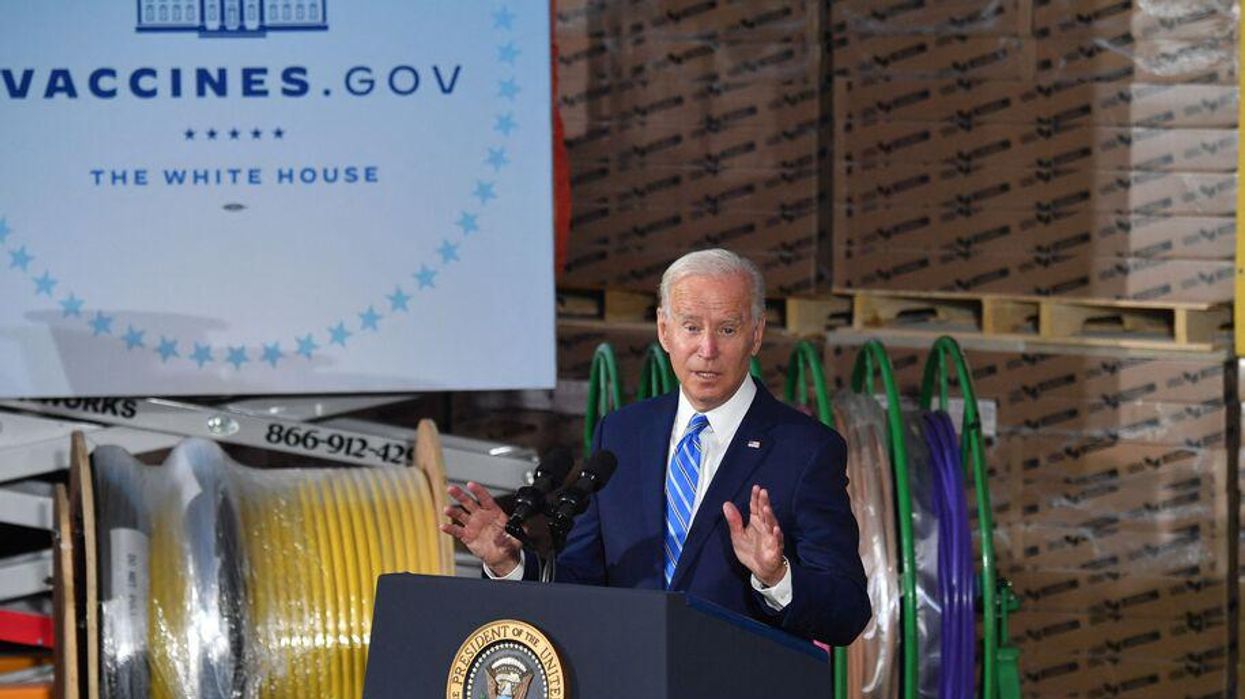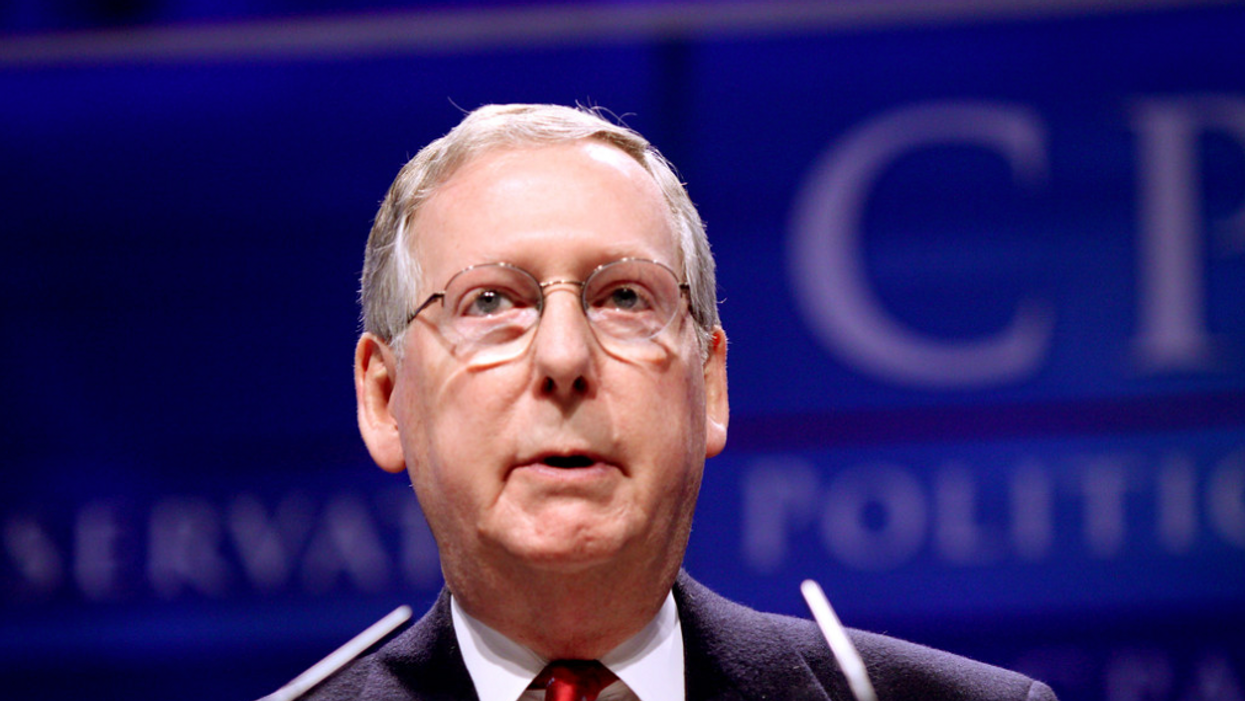U.S. Won't Impose New Omicron Testing For Travelers From Southern Africa
By Peter Szekely and David Shepardson
WASHINGTON (Reuters) - U.S. health officials have not imposed any new screening or tracing requirements in response to the newly discovered Omicron COVID-19 variant that prompted the Biden administration to restrict travel from southern Africa.
Starting Monday, the United States will bar most foreign travelers from South Africa and seven other southern African countries in an attempt to curb the spread of the Omicron variant, which was first identified in South Africa on Friday.
However, the travel restrictions do not ban flights or apply to U.S. citizens and lawful U.S. permanent residents. Until the ban starts at 12:01 ET Monday, flights from South Africa have continued to carry foreign nationals.
Airline passengers entering the United States from abroad are already subject to stringent CDC COVID-19 vaccination and testing requirements, but are not generally monitored by health officials after they leave flights and are not required to take a COVID-19 test upon arrival in the United States.
Nearly all foreign nationals entering the U.S. need to be vaccinated to enter but Americans do not need to be vaccinated to return home.
Delta Air Lines and United Airlines, the two airlines that fly direct to Johannesburg said on Friday they do not plan any changes to their South Africa-U.S. flights after the variant was discovered.
Fully vaccinated travelers must provide proof of negative COVID-19 tests taken within three days of their departure but those not fully vaccinated must have had a negative test result within one day.
The CDC did not immediately respond to a message seeking comment on how its requirements are enforced, or if it will issue additional requirements since the emergence of the Omicron variant prompted the U.S. travel restrictions.
No cases of the Omicron variant were identified in the United States as of Friday, the CDC has said. But infectious disease expert Dr. Anthony Fauci said this weekend it was likely already in the United States.
The CDC said Friday it expects to identify the B.1.1.529 variant quickly if it emerges in the United States.
United currently operates five flights per week between Newark and Johannesburg. Delta operates three from Johannesburg to Atlanta.
Two flights from South Africa that landed in the Netherlands Friday had 13 passengers with the Omicron variant on board, Dutch authorities said Sunday, and cases are being discovered in countries around the world.
The Netherlands Omicron cases were among 61 who tested positive for COVID-19 out of about 600 passengers on the two flights.
A spokesperson for KLM, the Dutch arm of Air France, said the passengers on the flight had either tested negative or shown proof of vaccination before getting on planes in Cape Town and Johannesburg.
(Reporting by Nandita Bose, Peter Szekely, David Shepardson; Editing by Heather Timmons and Diane Craft)












